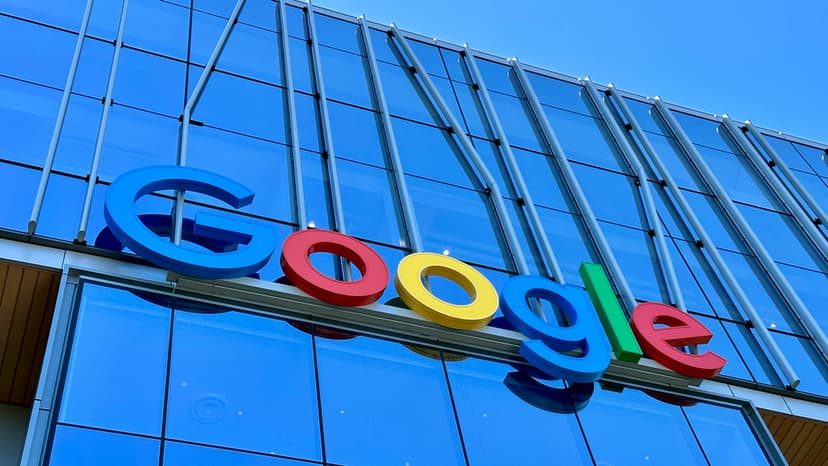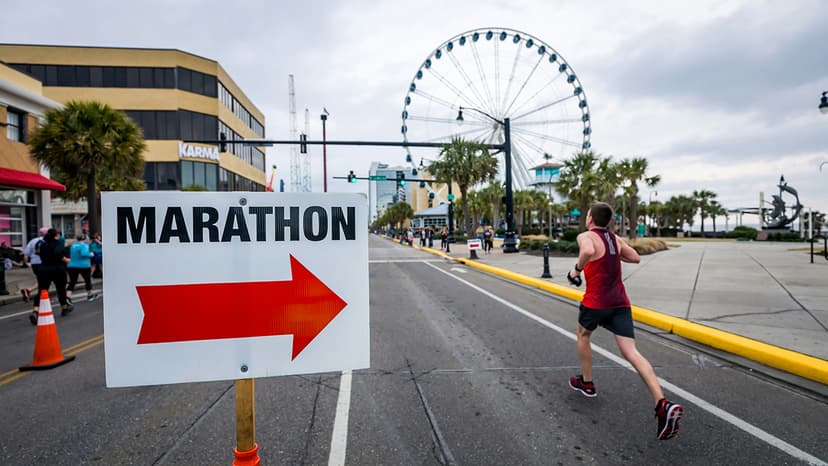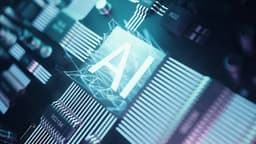Why Is It Hard for AI to Generate Precise Text in Image Generation?
AI image generators have come a long way, creating stunning art, lifelike portraits, and realistic objects. However, one area where they often struggle is generating clean and accurate text within images. Whether it's a logo, a sign, or a book cover, the text in AI-generated images usually looks jumbled, misspelled, or simply unreadable.
AI Is Better at Pictures Than Letters
AI models like Stable Diffusion are primarily trained on large datasets of images, focusing on visual features rather than language. While they excel at recognizing patterns in landscapes or faces, they struggle with the precise shapes and rules of letters. A small mistake in a letter can render the entire word unreadable, making text generation challenging for AI.
Training Data Is Messy
AI training data often comes from the internet, where image quality varies significantly. Some photos have clear text, while others may have blurry, cut-off, or stylized writing. This variability confuses the model when it tries to learn consistent patterns for letters. Moreover, text in images can be in different fonts, angles, and sizes, including handwritten text, which further complicates the learning process.
Letters Are Tiny, But Important
In many images, text occupies a small portion of the space, resulting in fewer pixels and less detail compared to other elements. AI models may prioritize larger objects like faces or backgrounds over the fine details of text. Additionally, image generators treat text as just another pattern, not as a tool for communication, which can lead to nonsensical or distorted text.
AI Doesn’t Read the Way People Do
Most image generation models don’t process text like language models. They lack built-in grammar rules or spelling checks, resulting in misspellings, missing letters, and strange symbols. Even when prompted to write a specific word, the AI may produce distorted or incorrect results.
Fonts and Layouts Are Complex
Writing words in an image involves selecting a font, adjusting size, placing letters, and ensuring proper alignment. AI often struggles with these tasks, leading to small layout errors that make the text appear messy. It might start a word in one style and end it in another or incorrectly space letters.
AI Is Guessing, Not Copying
AI generates text from scratch based on learned patterns, rather than copying from real images. This guessing works well for natural shapes but leads to mistakes when exact shapes matter, like in letters and words.
Progress Is Being Made
Recent advancements in AI image generation have shown promising improvements in text rendering. For instance, OpenAI's GPT-4o model has enhanced capabilities in accurately rendering text within images. It leverages a vast knowledge base and chat context to generate precise and context-aware images, including text. This model excels at transforming uploaded images or using them as visual inspiration, making it easier to create images with accurate text.
Another notable development is the introduction of hybrid models like HART, which combine autoregressive and diffusion techniques to generate high-quality images quickly. While not specifically focused on text, such models demonstrate the potential for faster and more detailed image generation, which could indirectly improve text rendering by allowing for more precise control over image elements.
Additionally, tools like Ideogram have emerged, offering features that allow users to add and edit text in images effectively. Ideogram's ability to follow prompts well and add text accurately makes it a strong contender for tasks requiring precise text in images.












